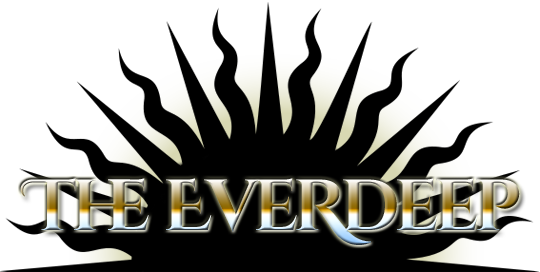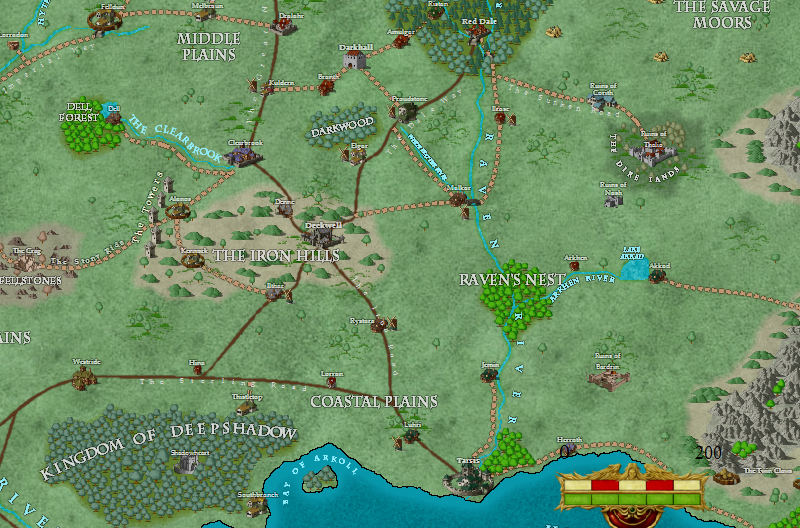An Interview, the Culture War in SFF, and a Book II Update
My interview with the website/e-zine Liberty Island went live today. Liberty Island is a self-described home to the ‘counterculture’ in science-fiction/fantasy that struggles against the woke conformity dominating its upper reaches.
What Culture War?
I have not personally been involved in any of this (I am far too much of a new and small fish for anyone to give a crap about what I think), but there is a lot you can read about a small cadre of incestuous Old Guard conspiring with each other to maintain their choke-hold on once-valued awards and institutions, challenged by more populist writers who do not worship at the altar of Marx.
The main example of this fight (that I know about, anyway) seems to have been over the Hugo awards, once the premier award in science fiction. Winners and nominees include Robert Heinlein, Isaac Asimov, Fritz Leiber, Frank Herbert, Ursula LeGuin, Kurt Vonnegut, Philip K. Dick, Aurthur C. Clarke, William Gibson, Orson Scott Card, Neal Stephenson, Neil Gaiman, J.K. Rowling, and others who have written SFF books of quality and impact. Until recently, anyway.
In 2016, an authoress named Nora Jemisin won for book I of a trilogy.
Also, in 2017, for book II of her trilogy.
Also, in 2018, for book III of her trilogy, tying Robert Heinlein for the highest number of Hugo awards won by any person. It is also basically the only time someone won multiple awards for a single story (though Card won for both Ender’s Game and Speaker for the Dead, an indirect sequel), much less three for a trilogy.
Three Hugo awards for three books in a single trilogy must be for the most amazing science fiction story of all time. It’s like Lord of the Rings in its impact and universality.
What, you haven’t heard of her? Don’t worry. No one has. But she wrote polemical books about racial oppression and climate change, and she’s black and a girl, so she’s among the greatest SFF writers in history according to modern standards, and if you disagree you’re a racist hater who should be driven from the industry. The idea that awards should be given to authors based on the quality of their story-telling rather than their inborn traits and willingness to repeat leftist pieties is racist/sexist/homophobic/whatevershutup.
As you might guess, the Hugo is now a joke; a sort of participation trophy for whatever author makes the voters feel the wokest. Members of the counterculture rebellion (such as Larry Correia) regularly outsell Hugo winners by the hundreds of thousands.
And it’s not a one-off. Aside from actively blocking new authors from the industry for being insufficiently woke (a holocaust of ideas that you never see because that’s what gatekeeping is), the establishment at large actively hunts for heretics to destroy. Here’s a semi-famous example, where a writer was coerced into canceling her own book because the wokescolds decided it was problematic. Note the suiciding author herself was a female, immigrant, ‘person of color’ writing about problems from her own culture, but hypocrisy doesn’t matter to the mob. Conformity does.
The mob most recently came for George Martin for being insufficiently woke. Note that the 2020 lineup of nominees was, by sheerest coincidence, entirely female.
Book Update
I finished a solid first pass of chapter 15 a couple of weeks ago, with an outline of chapter 16 a couple of days ago. Since this book is planned to go for 18 chapters, it’s now more than 80% done. My initial timeline was release by the end of this year. That’s still possible, but with cover art, a couple of first-to-last editing passes, and other logistical matters, it might not be until early next year (when I’m scheduled to go out of the country…).
Related, I had an alpha reader who regularly edits SFF works and who hasn’t read The Mountain Throne go over this one. In addition to spotting missed typos and cleaning up the occasional syntax issue, he had this to say: “This work of yours is clearly a masterful epic!”
That was nice, especially coming from someone without the background of the first novel so all the characters, conflicts, and settings were being shown to him for the first time.
So without blowing expectations up too much, I now have reason to believe this novel is good enough to appeal even to people who aren’t familiar with the first. He even really liked a character that my main editor hates, which I think is a good sign for characterization. If everyone feels the same about a character, they’re probably not really a character; they’re an archetype.


 Previous Post
Previous Post Next Post
Next Post


